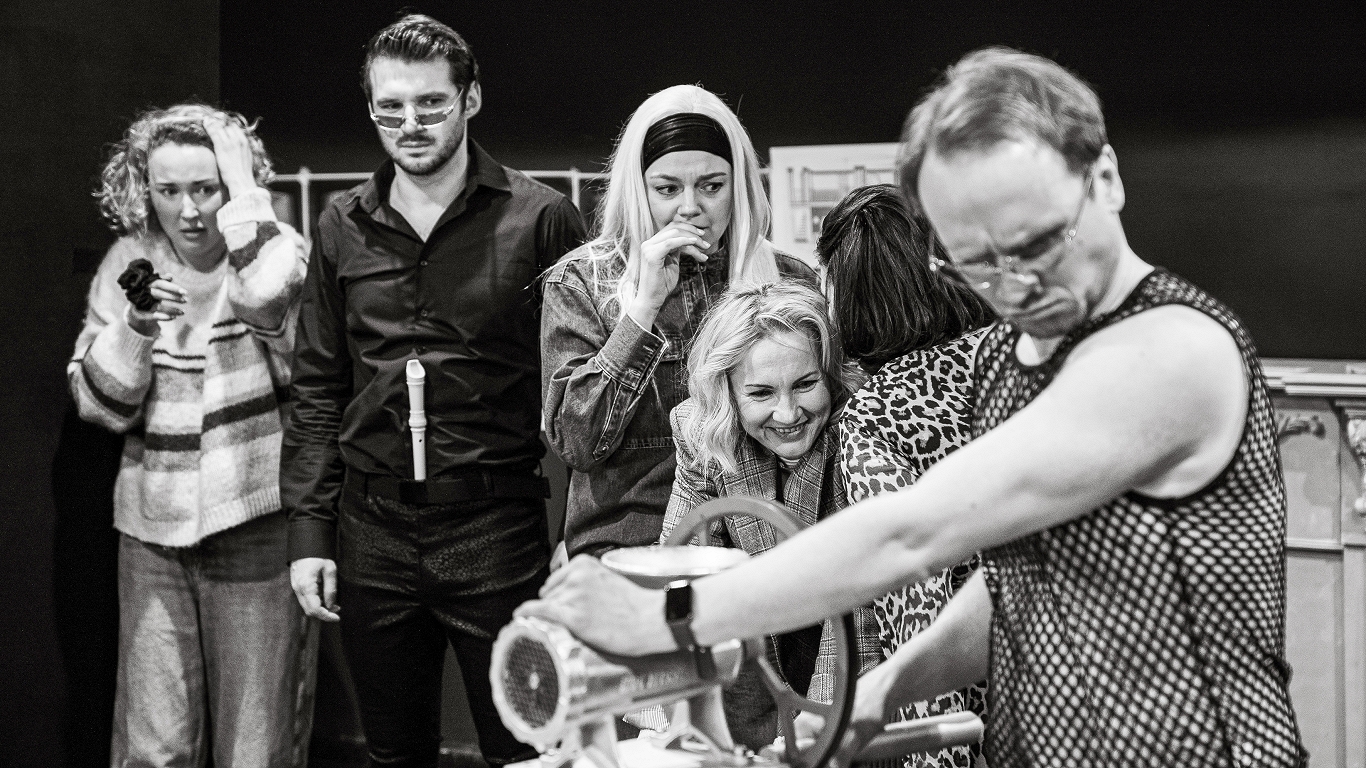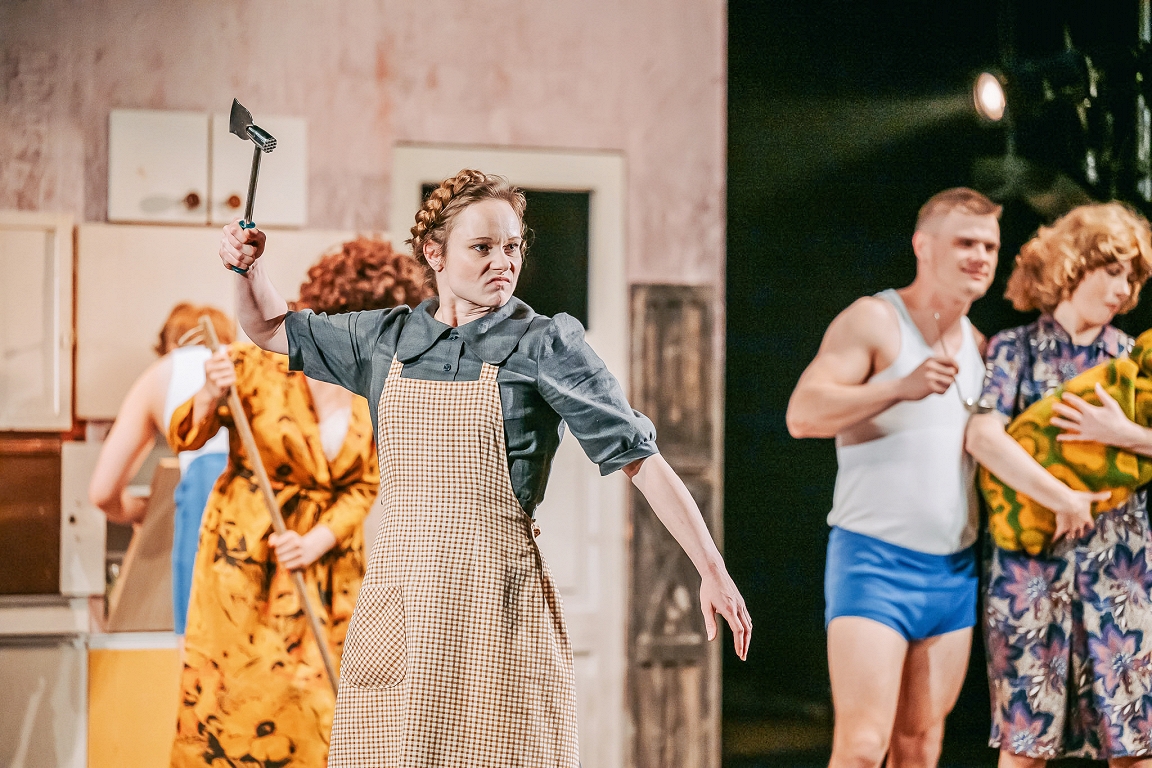Russian intelligence stuck in the cherry garden. Chekhov Theater – Classic Cherry Garden New Perspective / Day

In nature, this is a beautiful time, but Chekhov’s play, first staged in 1904, is full of emotions, saturated with the conflict between social changes and generations. The Chekhov Theater showed the play for the first time in 1904 and has since staged it nine times, offering various interpretations and approaches. Director Viestur Kairish’s new show gives a modern perspective, offering a new view of Chekhov’s classic story.
‘All acting students have grown up with Chekhov’s creative work because his heroes have very bright and deep character. Of course, he has always wanted to put his skill and knowledge acquired in the case, playing in a professional collective, « says actor Konstantin Nikulin. » Chekhov has no accidental image, each has its own certain and significant role. It’s not that someone could give up and the show would not lose anything. « In the production of K. Nikulin, Jepihodova, a cantorist, role. » This is a complex person. He always complains about life, lamenting that nothing is happening and everything is bad, but does nothing to change something. It is easy to lament, but taking a step to change something, to get into something, don’t want to. And so live, « the actor describes.
When applying for the new production, director Viesturs Kairiš emphasizes: « The show is about Russian intelligence, who sat in the Chekhov’s » Cherry Garden « , and what it has led. For the role of Russian culture (including pop culture) in modern Russia’s disaster. Modern Russian and Europe tragedy. Cherry garden No word will be changed in Chekhov’s play. «
K. Nikulin also confirms that while the story is about the Russian aristocratic family forced to sell his property, including the famous cherry garden to pay off the debts, the director reveals the consequences of Russian intelligence inactivity during the war, touching the topic of insane love for his fantasies. The show is not limited to the political and social aspect – it preserves the excellent dramaturgy of Chekhov’s work, the bright images and the eternal problems.
The next performances – April 27, 29, 30 and 8, 9, 10, 10, 10. The show is in Russian with subtitles in Latvian and English.






